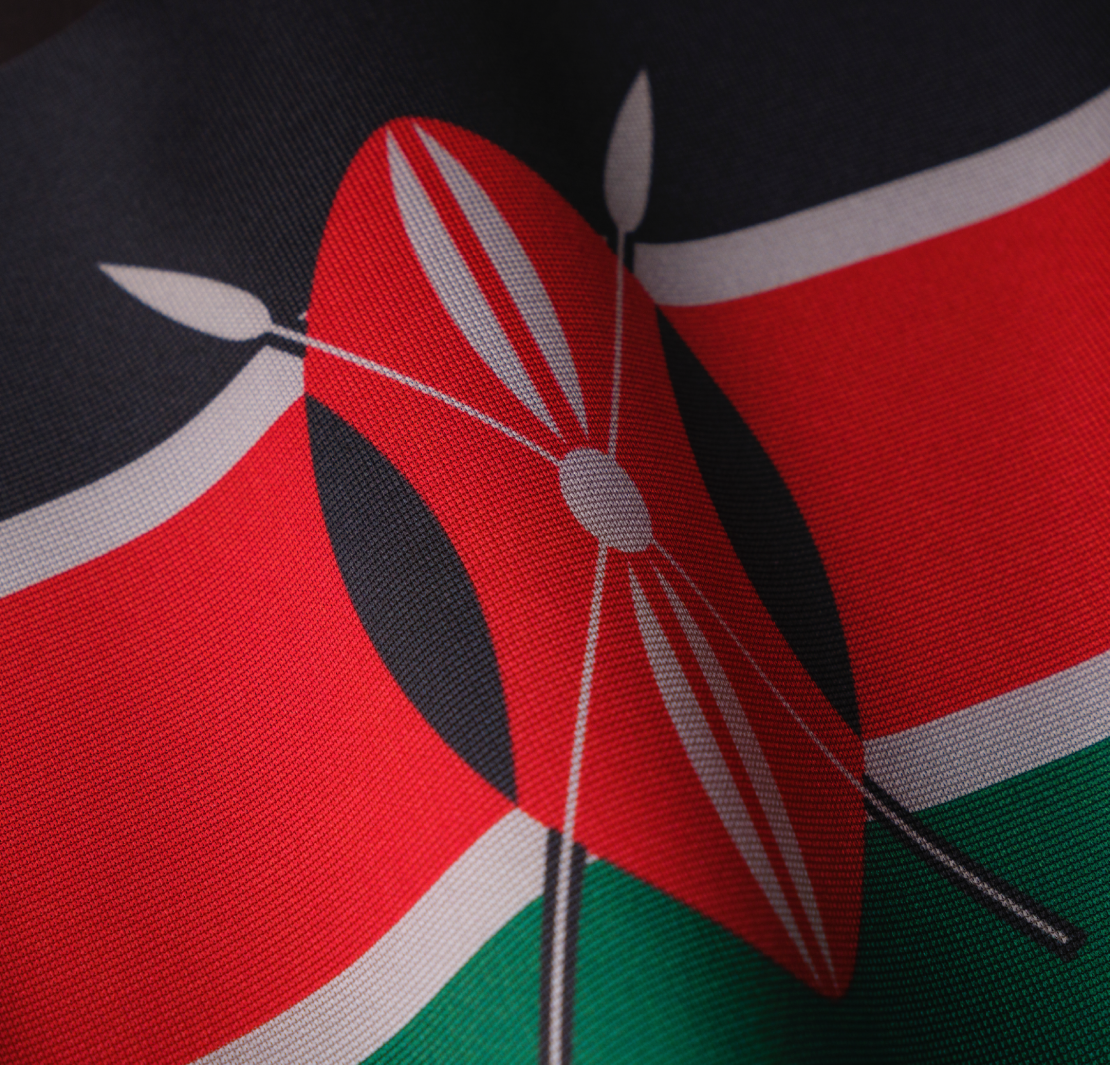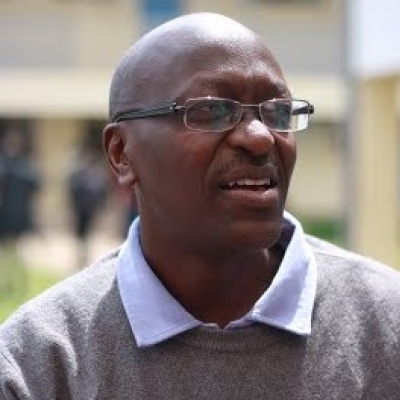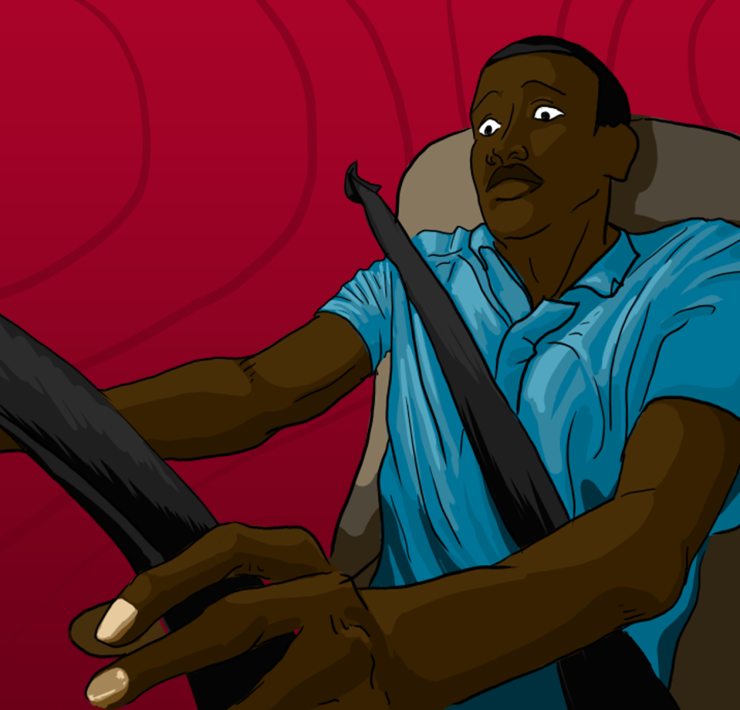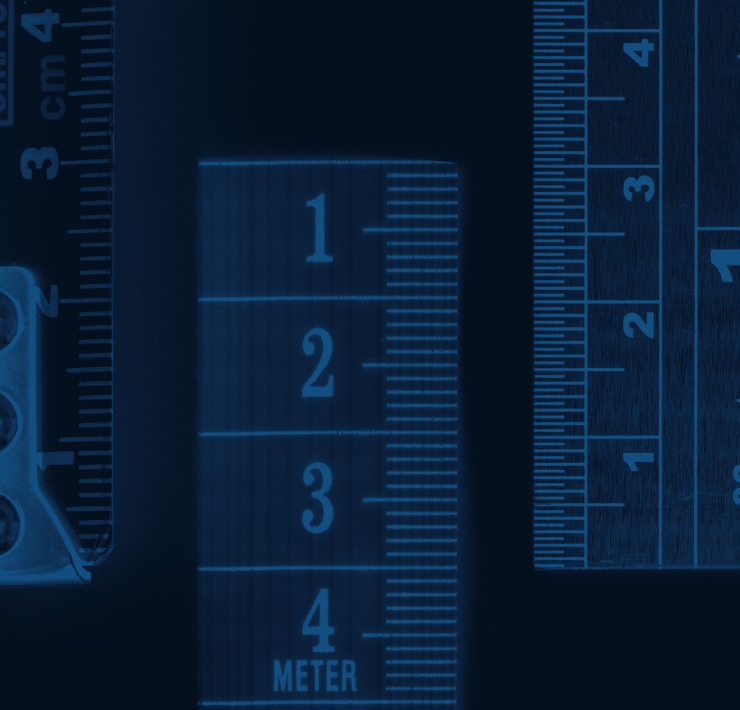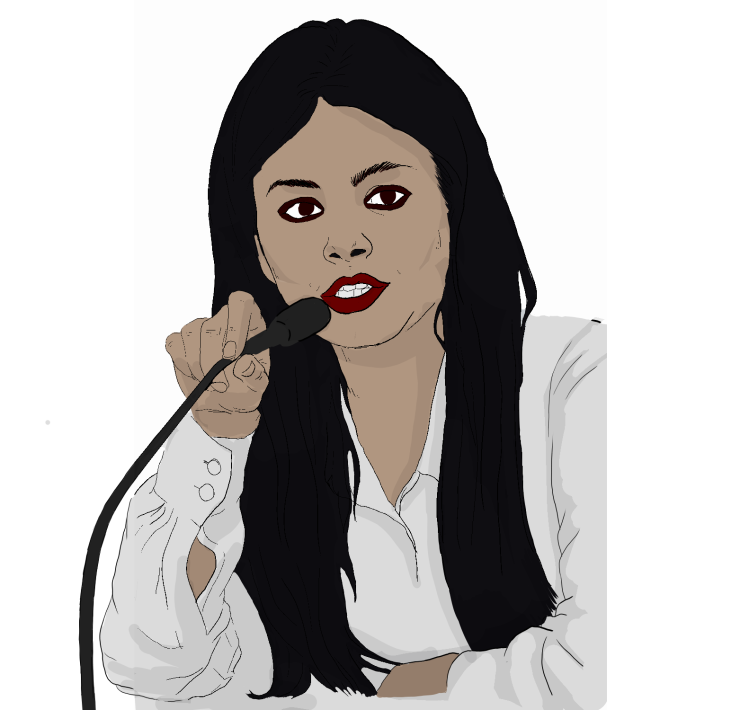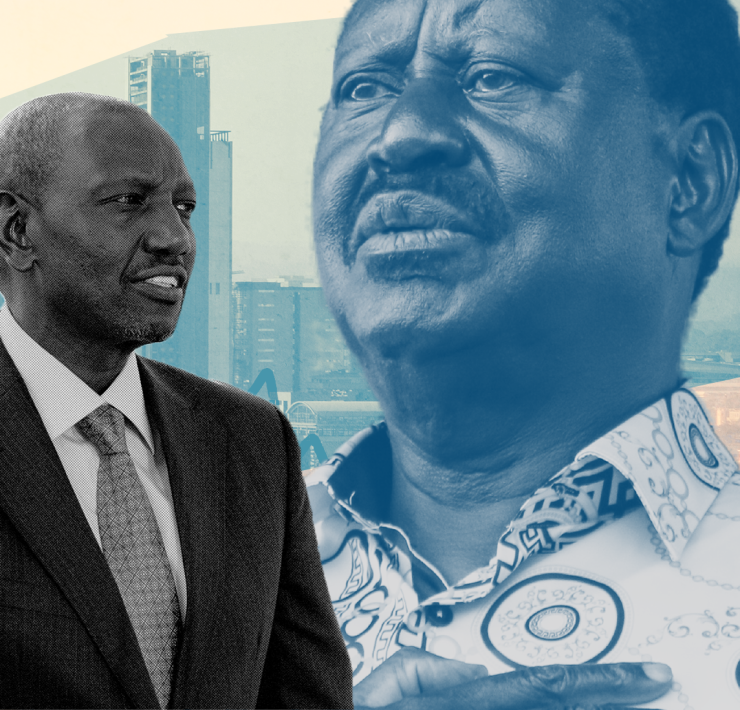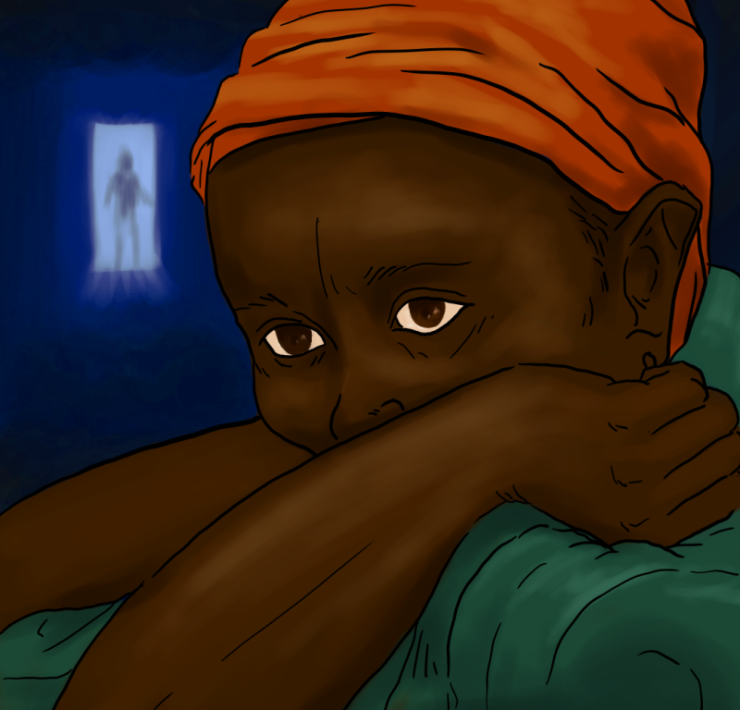In the Bible, Abraham is referred to as the father of faith. He is the pioneer of all three Abrahamic religions namely Judaism, Christianity and Islam. One of the hallmarks of his life is that he walked closely with God from the time God called him to migrate from his home city in Ur of the Chaldees to Canaan, which God promised to give to him and his descendants.
One of the more memorable encounters between Abraham and God is recorded in Genesis Chapter 18. God had heard about the wickedness in Sodom and was on his way to investigate and verify the accounts before destroying the city when he passed by Abraham’s home.
As Abraham escorted God on his way to Sodom, God decided to confide in him regarding his decision to destroy the city. Abraham is alarmed and dares to challenge God, “Will you sweep away the righteous with the wicked?” he asks God, “What if there are fifty righteous people in the city? Will you really sweep it away and not spare the place for the sake of the fifty righteous people in it?” God answers that He would spare the city for the sake of fifty righteous people.
Abraham continues to haggle with God beseeching Him not to destroy the city for the sake of 45 righteous people, then 40, then 30, then 20.
Genesis 18:32-33 marks a turning point in this conversation. – Then Abraham said, “May the Lord not be angry, but let me speak just once more. What if only ten can be found there?” The Lord answered, “For the sake of ten, I will not destroy it.”
When the Lord had finished speaking with Abraham, He left, and Abraham returned home. And then the city of Sodom was destroyed.
Why did the Lord stop at 10 while he had been so accommodating to His friend Abraham’s repeated entreaties on behalf of Sodom? We do know that Sodom had at least one righteous family, that of Abraham’s nephew, Lot. Would not the Lord have spared the city for their sake? I think He would. But I think that the Lord stopped at 10 because that is where Abraham stopped. And because Abraham stopped, the city was destroyed.
In the same way, here in Kenya, our city, our country and our society are where they are today because that is where you and I have stopped. Kenyans are dying of hunger and thirst as money allocated to building dams and starting irrigation projects is stolen because we stopped; people are dying of curable diseases as money earmarked for healthcare is diverted into politician’s private pockets because we stopped; young people are dying a slow death due to massive unemployment because we stopped; our sisters are assaulted in the streets and our children are molested in the homes because we stopped; corruption is eroding the very fabric that covers our moral nakedness and tribalism is destroying the nationhood we have painstakingly build for half a century because we stopped.
We stopped pleading with God on behalf of our city, our country and our society. And just as we do not know the exact reason why Abraham stopped at 10, we are also not always very clear why we have chosen to stop where we have stopped.
Perhaps we just got tired of interceding on behalf of an ungrateful people and a thankless nation. Perhaps we stopped because we ourselves felt safe in our gated compounds and our air-conditioned offices far from the cluttered chaos and sinful smells of Sodom. Perhaps we stopped because our private health insurance, our private security guards, our access to private groups of schools for our children and the easy reach we have to a host of other services that our money can buy have shielded us from the decay and immunized us against the daily suffering that surrounds us. And perhaps we have stopped because our faith in God has ceased to be as strong as it once was and instead of looking up to Him as the God of the impossible that we first met, we now superimpose our own limitations upon Him and dare not trust Him to save the city even for the sake of one.
And so our city, our country and our society face imminent destruction on our watch.
But it is not too late to humble ourselves on behalf of our brethren and dare to ask Him who is all merciful: “Will you sweep away the righteous with the wicked?”
But we must not stop at asking.
We must rise up and be the answer to the question we ask. We must become God’s hands and feet in rebuilding the land of our birth and reconstructing the place of our habitation, so that our homeland of Kenya may once again become a heritage of splendor and the glory of Kenya, the fruit of our labour, may once again fill every heart with thanksgiving.
We cannot afford to stop.
Author
-

Njonjo Mue is a Rhodes Scholar, human rights lawyer and transitional justice expert based in Nairobi, Kenya. He has held senior positions with leading national and international human rights organisations, including serving as Legal Advisor to the Africa Programme (and was Head of the Africa Regional Office) of the Freedom of Expression Watchdog ARTICLE 19; being Regional Director for PANOS Eastern Africa; working as the Head of Advocacy at the Kenya National Commission on Human Rights; serving as Africa Deputy Director for the International Center for Transitional Justice; and being a Senior Advisor to Kenyans for Peace with Truth and Justice, a coalition of over thirty human rights organisations established in the wake of the 2008 Post-Election violence to pursue truth and justice for PEV victims and advocate for a fundamental reform of the Kenyan State to address the root causes of political instability. Additionally, Njonjo has sat on the boards of several leading organisations including chairing the Governing Council of the Kenya Section of the International Commission of Jurists (ICJ–Kenya) and chairing the board of the International Institute of Legislative Affairs. He has won several awards for his human rights work, including being named Jurist of the Year by ICJ–Kenya in 2000 for his “unparalleled courage, determination for the preservation and restoration of human dignity, and realisation of the tenets of democracy and the rule of law.” Njonjo also holds an MA degree in Theology from the International Leadership University.
Njonjo Mue is a Rhodes Scholar, human rights lawyer and transitional justice expert based in Nairobi, Kenya. He has held senior positions with leading national and international human rights organisations, including serving as Legal Advisor to the Africa Programme (and was Head of the Africa Regional Office) of the Freedom of Expression Watchdog ARTICLE 19; being Regional Director for PANOS Eastern Africa; working as the Head of Advocacy at the Kenya National Commission on Human Rights; serving as Africa Deputy Director for the International Center for Transitional Justice; and being a Senior Advisor to Kenyans for Peace with Truth and Justice, a coalition of over thirty human rights organisations established in the wake of the 2008 Post-Election violence to pursue truth and justice for PEV victims and advocate for a fundamental reform of the Kenyan State to address the root causes of political instability. Additionally, Njonjo has sat on the boards of several leading organisations including chairing the Governing Council of the Kenya Section of the International Commission of Jurists (ICJ–Kenya) and chairing the board of the International Institute of Legislative Affairs. He has won several awards for his human rights work, including being named Jurist of the Year by ICJ–Kenya in 2000 for his “unparalleled courage, determination for the preservation and restoration of human dignity, and realisation of the tenets of democracy and the rule of law.” Njonjo also holds an MA degree in Theology from the International Leadership University.

